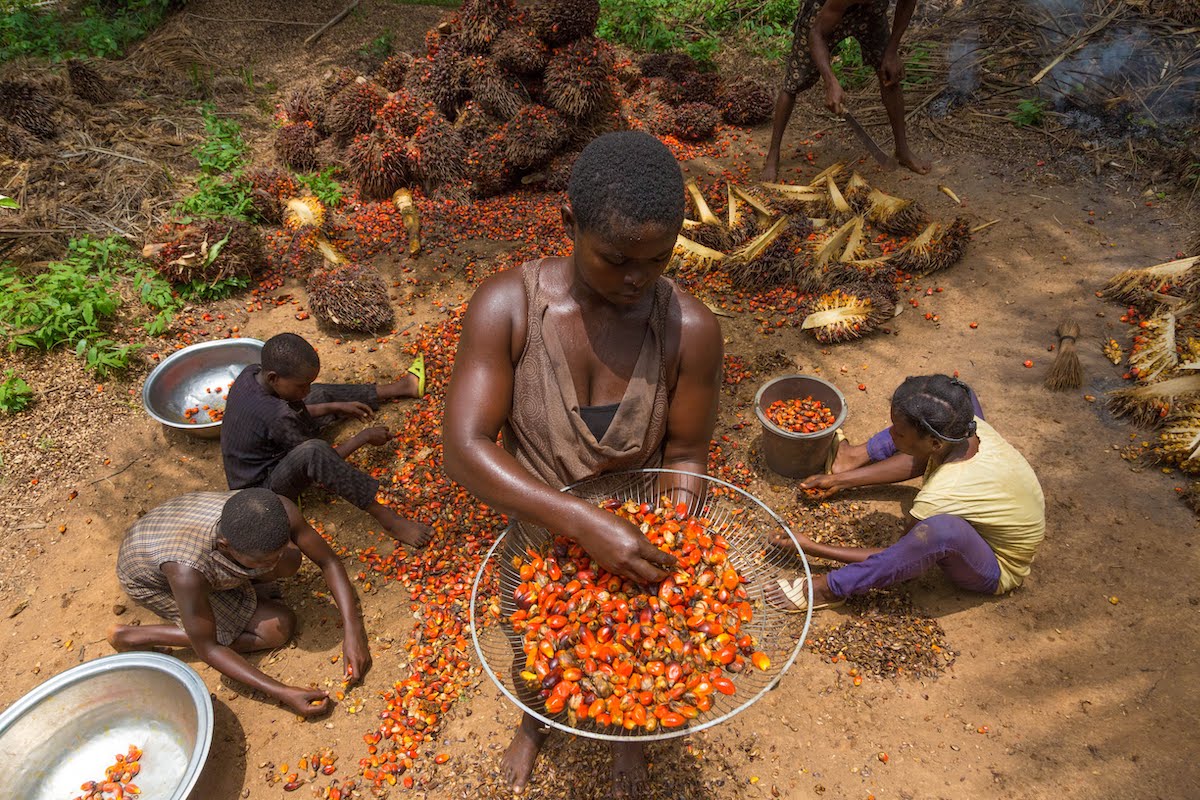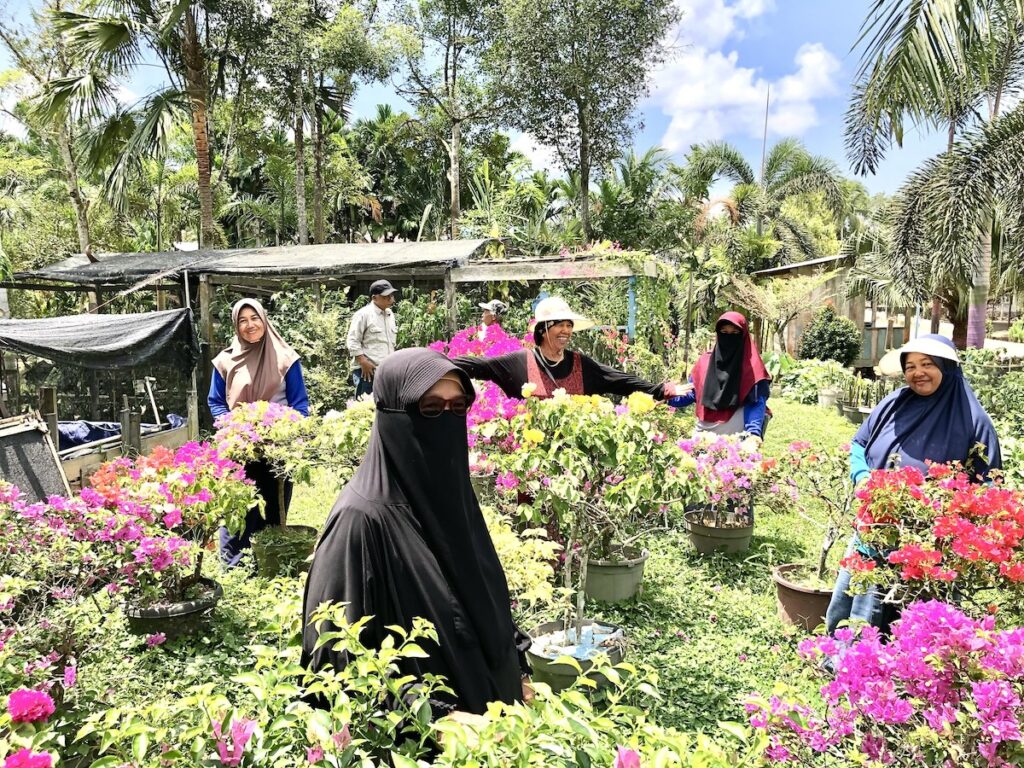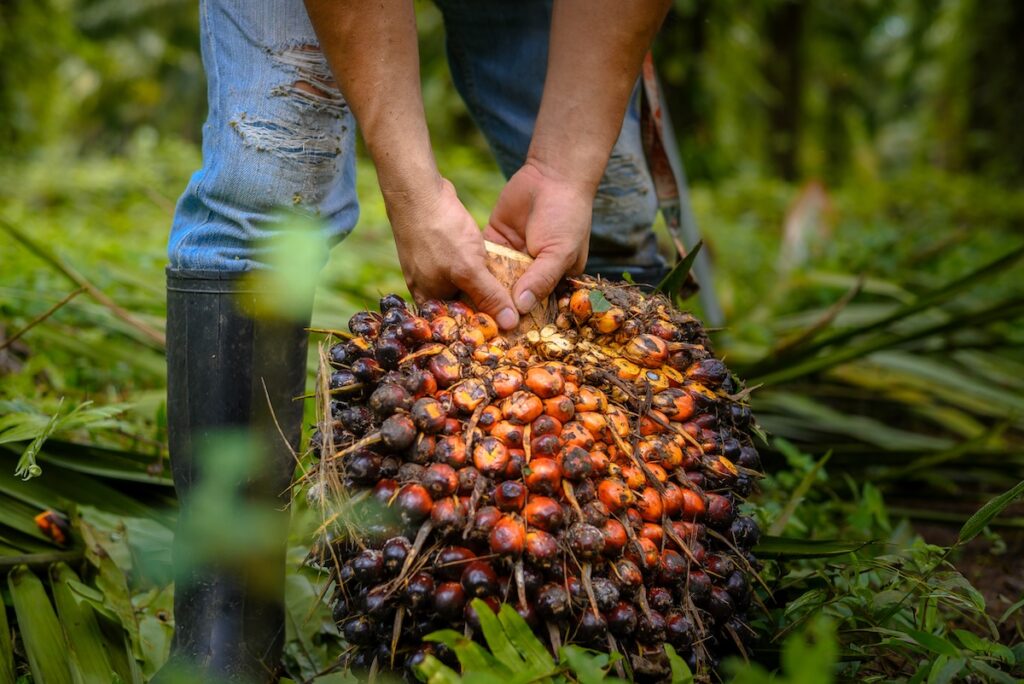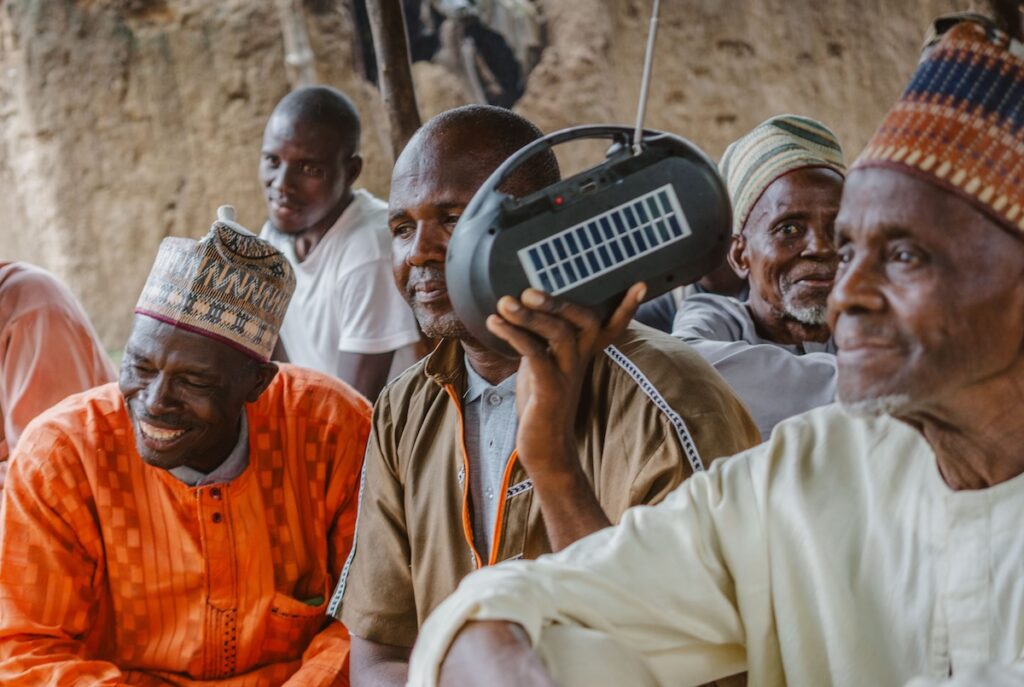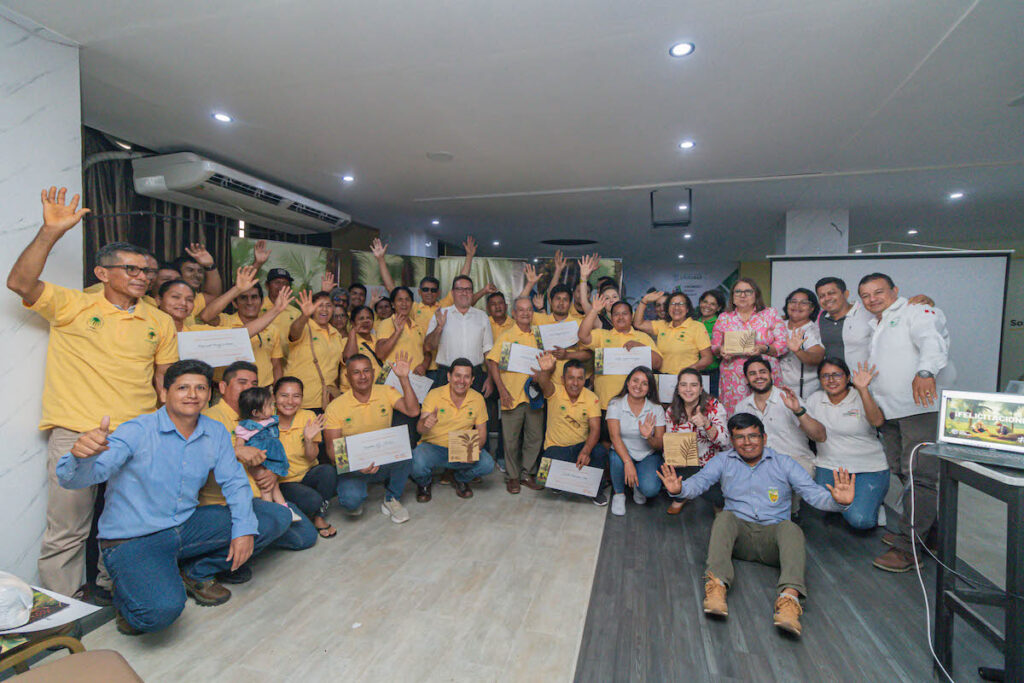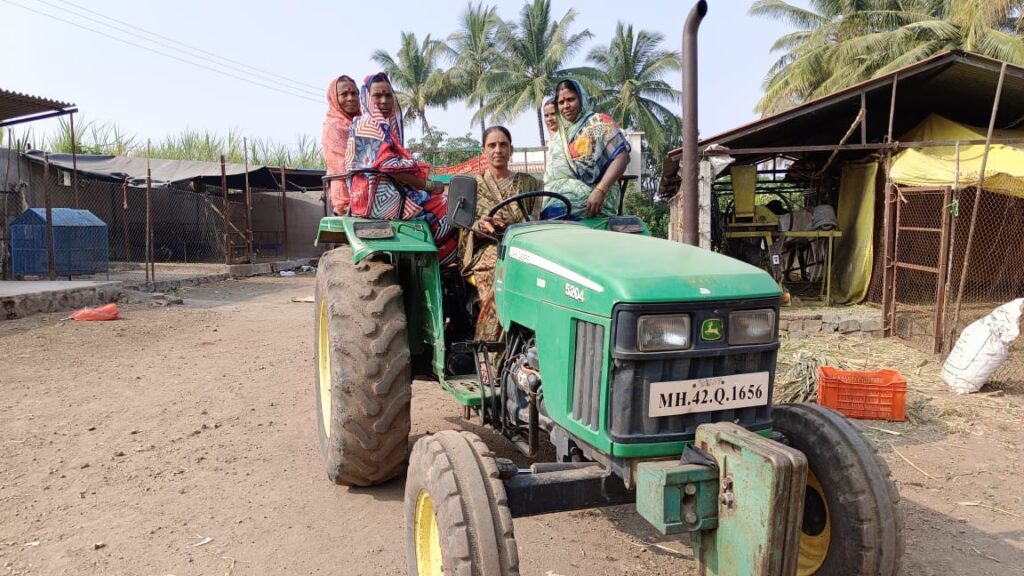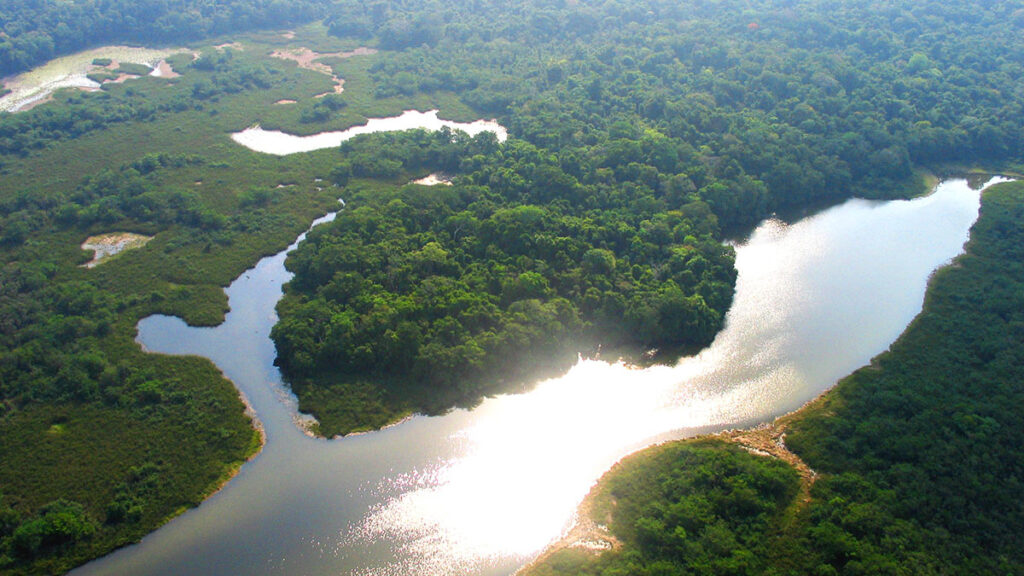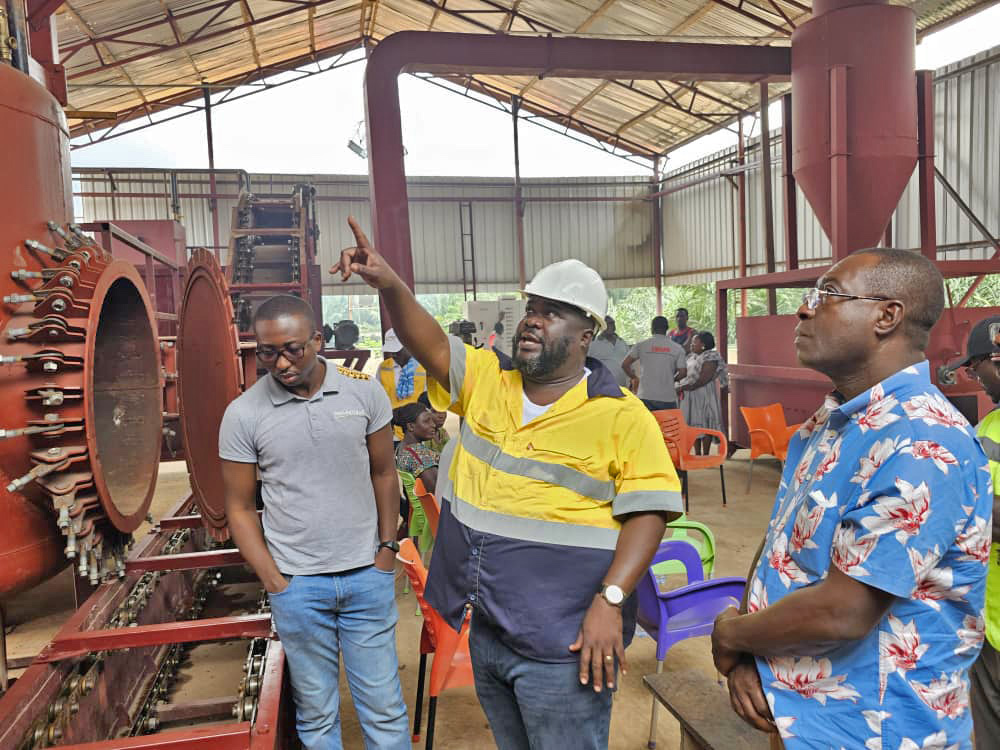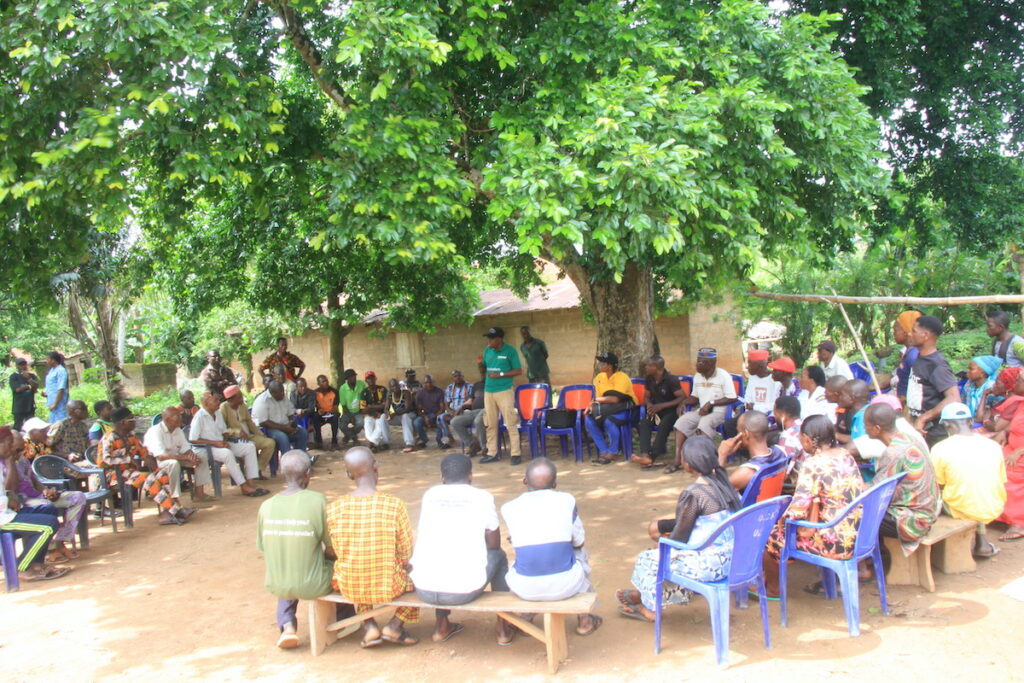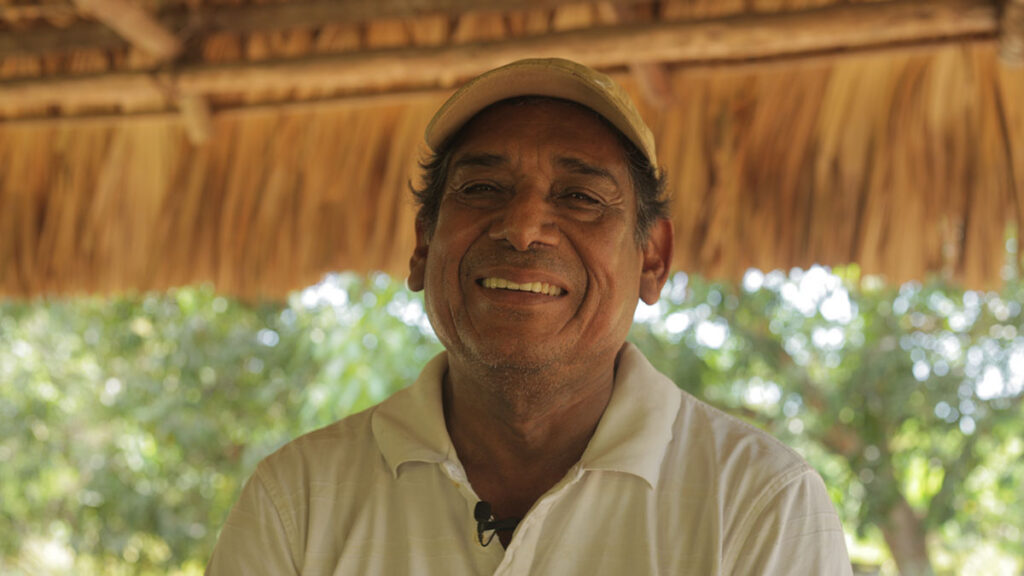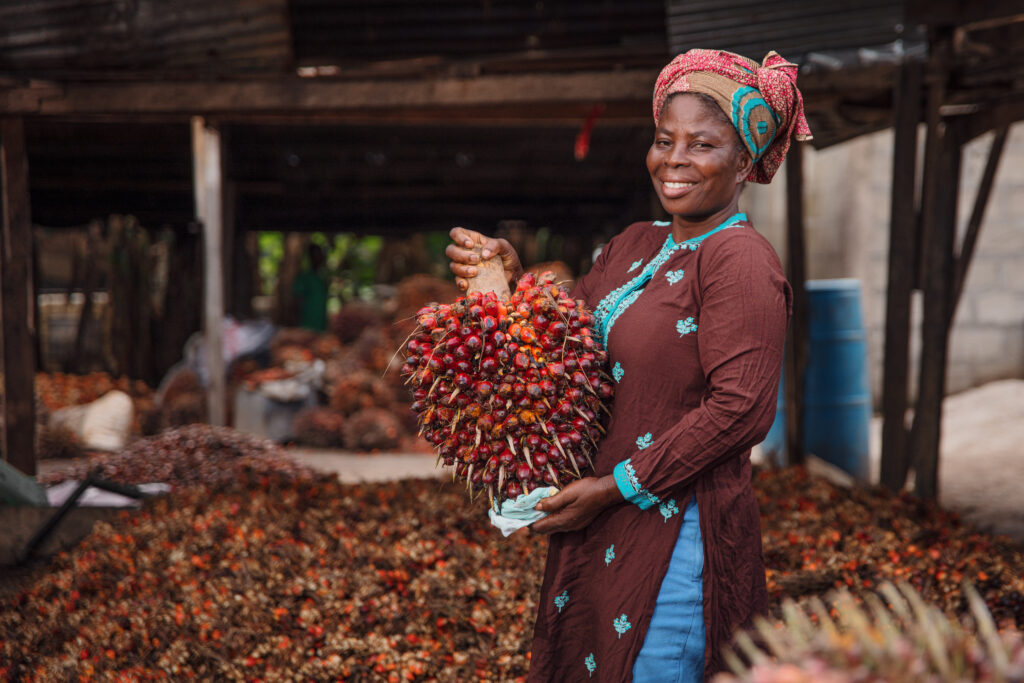In some jurisdictions, these minority groups are not allowed to own family farm lands or participate fully in the oil palm production processes. This exclusion contributes to low productivity in the sector, according to a research conducted by Solidaridad under the National Initiatives for Sustainable and Climate-Smart Oil Palm Smallholders (NISCOPS) programme.
Dr Samuel S. Ogallah, Solidaridad senior climate specialist for Africa and the country technical lead for Nigeria, said Solidaridad, through the platform, is bringing together relevant stakeholders such as traditional rulers, politicians, government agencies, youth and women’s groups, market associations, and farmers’ groups to ensure that all interests and voices are heard and taken into account to address the challenges.
He said the exclusion of minority groups in the decision-making process in the oil palm sector, if not addressed, could heighten poverty and widen the inequality gaps in oil palm-producing communities.
Solidaridad believes that when women and the marginalized are given the opportunity to participate in and benefit from development processes, they feel more recognized and motivated as producers, workers, leaders and drivers of change.
Dr Samuel S. Ogallah, Solidaridad senior climate specialist for Africa
The multi-stakeholder platform has been set up in partnership with the Development Education and Advocacy Resources for Africa Initiative, a civil society organization that works to help people, including women and children, deal with gender-based violence and social exclusion.
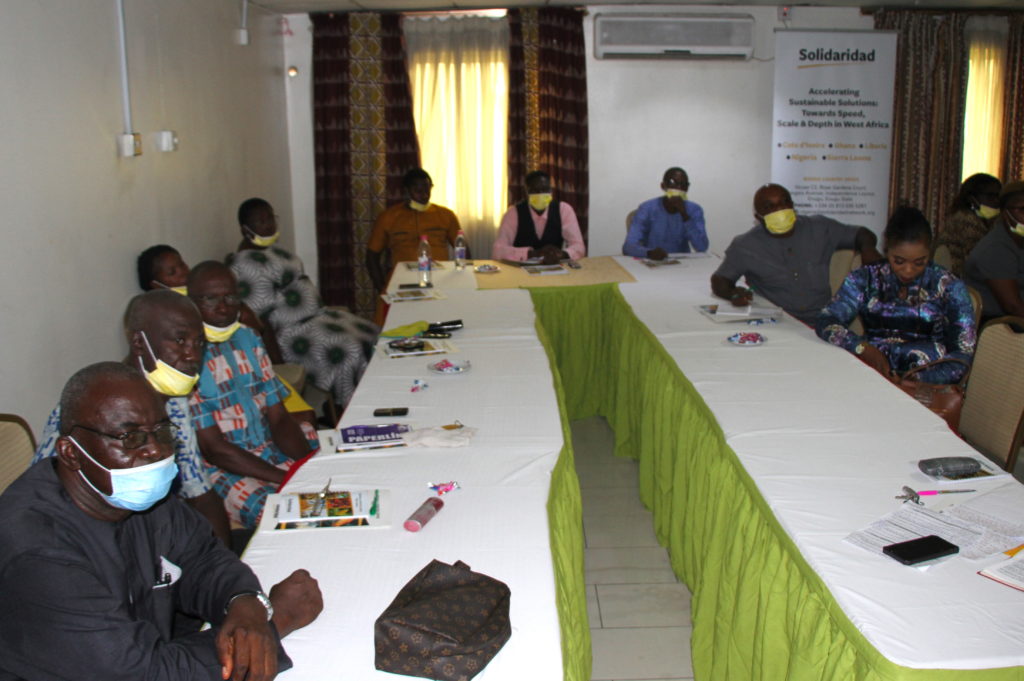
For her part, Anulika Akaoseh, programme manager for the Initiative, said exclusion in the oil palm value chain continues to stifle productivity in oil palm-producing communities.
The oil palm sector will improve if minority groups become part of the production system. We have to do away with traditional practices that encourage exclusion of these groups in society.
Anulika Akaoseh, programme manager
Solidaridad in partnership with 16 civil society organizations, will be setting up other multi-stakeholder platforms at different local government areas in Akwa Ibom, Cross River, Enugu, and Kogi, the four states benefiting from the National Initiatives for Sustainable and Climate-Smart Oil Palm Smallholders programme. This is to identify and address constraints to the inclusion of women and vulnerable groups to enable them to participate in and benefit from Solidaridad’s interventions.
This social inclusion initiative is in line with Solidaridad’s Reclaiming Sustainability agenda of promoting sustainable and inclusive supply chains by leaving no one behind.
The National Initiatives for Sustainable and Climate-Smart Oil Palm Smallholders programme seeks to contribute to the attainment of self-sufficiency in palm oil production, through climate-smart agriculture practices and sustainable intensification of farms and improving smallholders’ productivity and livelihood.

